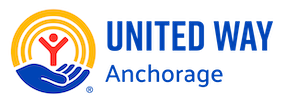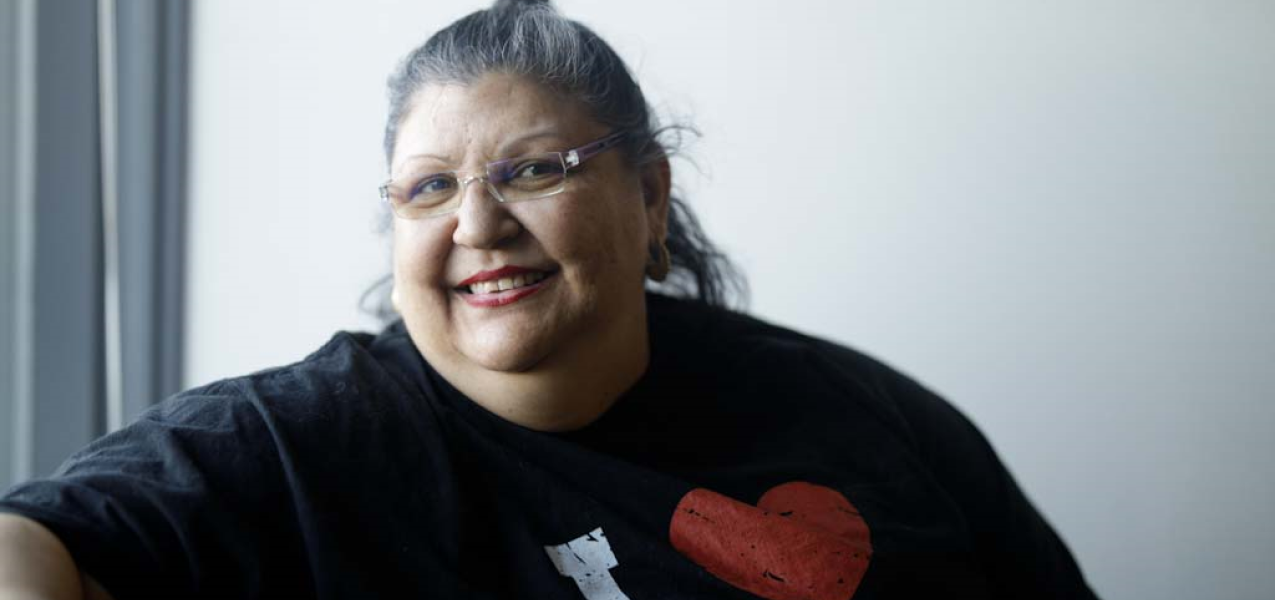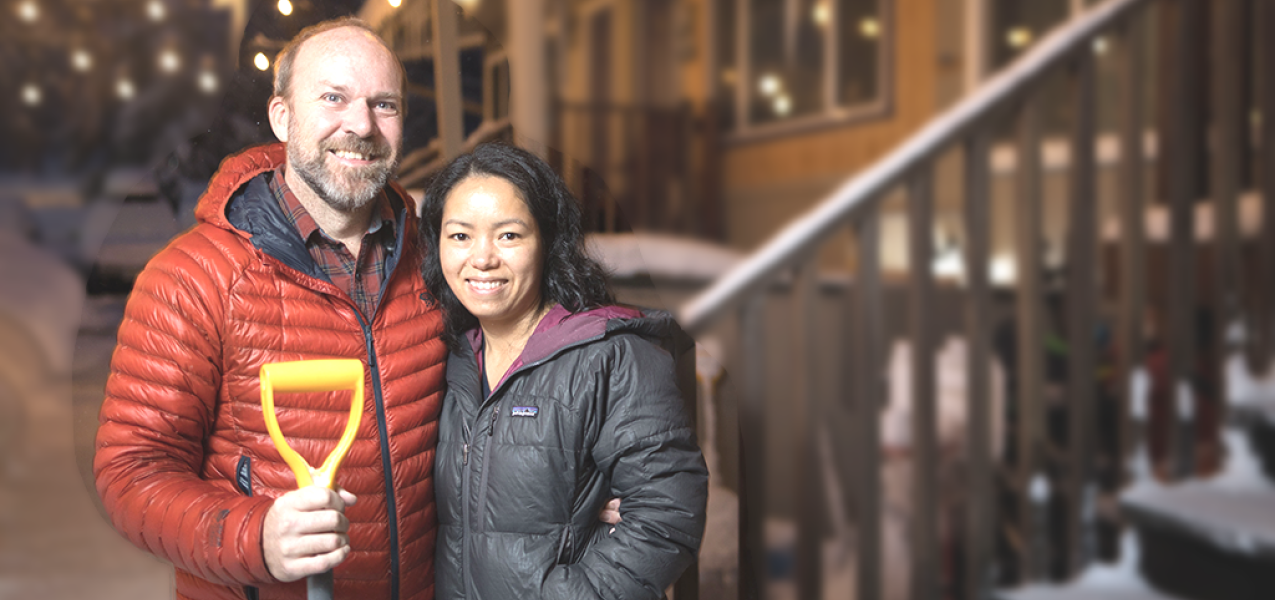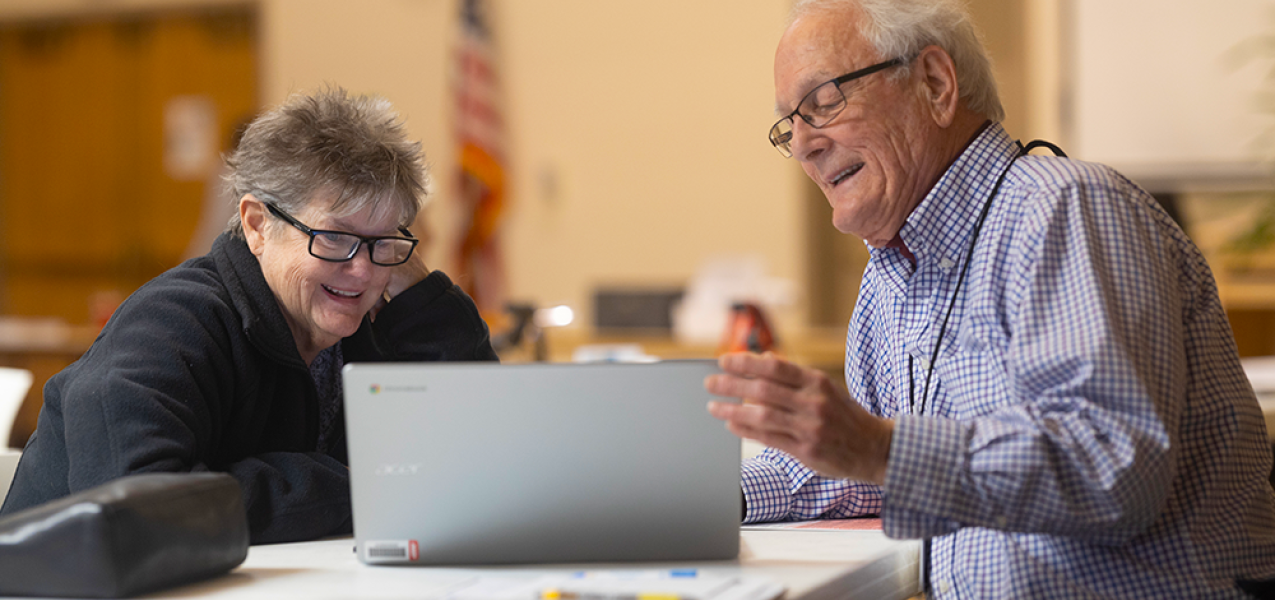We’re empowering community members to be self-sufficient.
Financial hardship often begins with unexpected costs and limited access to support. We work to close those gaps so that more Alaskans can take steps to build lasting financial security. Our community initiatives and investments help people avoid eviction, connect to workforce development opportunities, and access public-assistance benefits. A network of resources allows Alaskans to weather setbacks and have better lives.
Programmatic Connections
We work alongside Alaska nonprofits, faith organizations, private workplaces, and community members. Together, we support people seeking to become economically self-sufficient. Our help often connects people to programs and assistance to develop their financial stability.
Grant Funds and Other Investments
Opportunities for municipal, state, federal , and endowment grants abound. We apply for ones that pertain to our focuses, programs, and initiatives. Some funding is allowed or specifically tagged to be passed onto community members facing financial hardships.
We’re keeping people from being evicted. By keeping tenants housed, we prevent costly, time-consuming eviction processes. Alaska 211 connects callers with our housing programs team to help prevent homelessness. Then, our community members avoid permanent and traumatic barriers to opportunity and are empowered to reach their potential.
Paying Past-Due Rents
Sometimes tenants miss rental payments due to job loss, unexpected expenses or sudden illnesses. We can use funds from grants and donations to cover past-due rents. When tenants can pay their rent going forward, we can make one-time payments to the landlords.
Achieving Housing Stability
We make these payments when tenants can afford their rents, moving forward. By assisting them and their landlords, we help prevent homelessness. People can remain employed and strengthen their social connections. Kids can thrive in school. Our community benefits.
We're supporting people moving from the streets to stable housing. Some people experience homelessness for a long time, coupled with disabling conditions. They need help to get on their feet and remain housed. Home for Good connects these people with housing and support services—a proven approach to breaking the cycle.
Tailored Services
Home for Good interrupts the cycle of emergency response systems, including jail, hospitals, safety centers and shelters. When community members receive housing and caseworker support, they have stable, sustainable ways to improve their lives.
Pay-for-Success Model
Home for Good receives funding from the Municipality of Anchorage based on a pay-for-success model. How many and how long people are housed as well as how often they use emergency response systems factor into payments. Since October 2020, we’ve invoiced $4.48M.
We're connecting landlords with housing support services. Landlord Housing Partnership assists landlords who rent to community members with past evictions, poor credit histories or criminal records. The tenants receive case management services from health and social service nonprofits. Opportunities for both are growing.
Overcoming Barriers
Anchorage has few housing options, but landlords can help others overcome housing barriers. Sometimes tenants need support to help people secure and keep housing. Landlords receive resources to make rental units available for people exiting homelessness.
Achieving Stability
Having experienced homelessness can complicate leasing rental units. We offer landlords financial backstops and incentives to sign and keep leases. All participants can access neutral, mutually beneficial spaces to communicate and third-party case management if issues arise.
We're scheduling people for free tax preparations. People benefit when someone advises on or files their taxes. Having their taxes prepared means they might discover they’re eligible for refunds—real dollars for real bills. Alaska 211 connects thousands of Alaskans with free tax prep services and financial literacy resources.
Maximized Refunds
Most Alaskans qualify for assistance. The IRS’s Stakeholder, Partnership, Education, and Communication Relationship (SPEC) Program supports organizations in Alaska that offer fair and equitable tax services. Last tax year, Alaskans received more than $4.6 million in refunds.
Confidential Appointments
IRS-certified tax preparers volunteer to help people file their taxes at no cost. Their services are available Feb. 1 through April 15. Walk-ins are available at some sites. Scheduling appointments guarantee taxpayers receive assistance. When tax prep’s occurring, please call 2-1-1.
Learn more about United Way of Anchorage's other impact areas, programs, and assistance!





